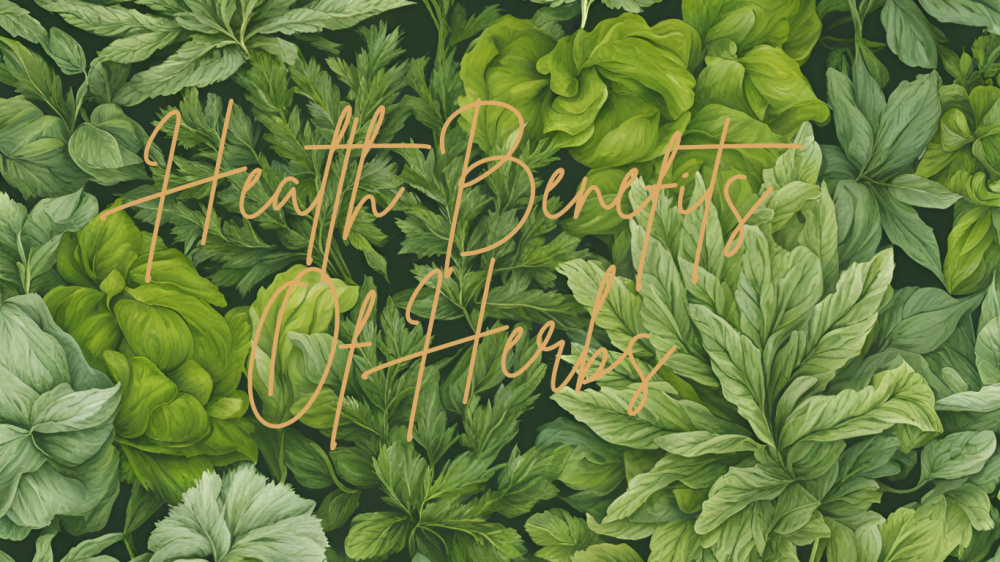
I find it fascinating how far back the use of herbs for healing can be traced. Historically, herbs are not just an afterthought in medicine. In many cultures, they were the cornerstone of healing practices. I’m talking about a tradition that spans thousands of years, from Ancient Egyptian papyrus scrolls to the shelves of your modern-day pharmacy. It’s a testament to the enduring belief in their health benefits.
Modern research, fortunately, isn’t about taking things at face value. Scientists have rolled up their sleeves to put these ancient solutions under the microscope. What do they see? Essential oils, antioxidants, vitamins, and minerals, just to name a few components. These substances found in herbs have been shown to play an important role in disease prevention and health promotion.
Today, we’re seeing a resurgence in the popularity of natural health solutions and an increased focus on preventive care. People are keener on understanding what goes into their bodies and the long-term effects. This makes the case for herbs even stronger. They are not only natural and potent but also come with fewer side effects compared to synthetic drugs, when used appropriately.
Ease of use is also something I shouldn’t forget to mention. Many herbs that contribute to health and wellbeing are readily available and can be effortlessly integrated into daily diets. And that’s where we pivot to the next part of our discussion. How do these everyday kitchen staples, the flavor boosters, turn out to be undercover health champions?
Culinary Powerhouses: How Common Kitchen Herbs Enhance Well-being
Stroll through your kitchen, and you might just be surprised at the arsenal of health allies tucked between your spices. Common herbs such as basil, thyme, and rosemary are not only staples for flavoring dishes but also boast an array of health benefits. Each small leaf and sprig is dense with nutrients and bioactive compounds that can contribute significantly to our health.
For instance, consider basil, a herb often associated with Italian cuisine. Beyond its aromatic flavor, basil is rich in vitamin K, which is essential for blood clotting and bone health. Thyme, with its subtle earthiness, is packed with thymol, an antibacterial compound that can help to keep your gastrointestinal system running smoothly. And let’s not overlook rosemary, whose fragrant needles contain Rosmarinus acid, an antioxidant that has been linked to supporting brain health and reducing inflammation.
Incorporating these herbs into your daily diet can aid digestion and fortify your immune system. They’re incredibly effective in small quantities, making them easy to weave into your meals without much effort. For a healthful twist to your morning routine, add chopped basil to your scrambled eggs or mix fresh thyme into your breakfast potatoes. Consider infusing olive oil with rosemary for a salad dressing that offers a flavor and wellness boost.
Embracing herbs is about more than just adding depth to your cooking; it’s a simple yet impactful change you can make for your health. Stand by for the next section, where I will introduce you to some lesser-known herbs that could have a big impact on your overall well-being.
Beyond the Kitchen: Exploring Less Known Herbs with Profound Health Implications
Herbs do more than just add flavor to our foods; they’re potent allies in our quest for better health. There’s a vast array of herbs out there, many of which might not be household names but possess strong medicinal properties. I’m referring to plants like ashwagandha, known for reducing stress, or turmeric, which has received plenty of buzz for its anti-inflammatory effects.
Case studies and clinical trials consistently reveal the potential these plants have for managing various health issues. For instance, milk thistle has been linked to liver health, while ginkgo biloba shows promise in enhancing cognitive function. Such studies are critical; they provide not just evidence for the herbs’ efficacy but also offer guidance on their safe usage.
In weaving these less known herbs into our wellness routines, it’s essential to understand where they come from. Sustainability is key. The rising demand for herbal remedies should not compromise the very ecosystems that nurture these plants. Choosing ethically sourced herbs and supporting fair trade practices are simple steps I take to ensure that my health remedies do not come at a high cost to the environment.
To sum up, while integrating common culinary herbs into your diet can offer several health benefits, exploring the full spectrum of medicinal herbs can open doors to enhanced well-being. Armed with the right knowledge and an eye for sustainability, we can make informed choices about the herbs we use and appreciate the true breadth of nature’s pharmacy.


Recent Comments